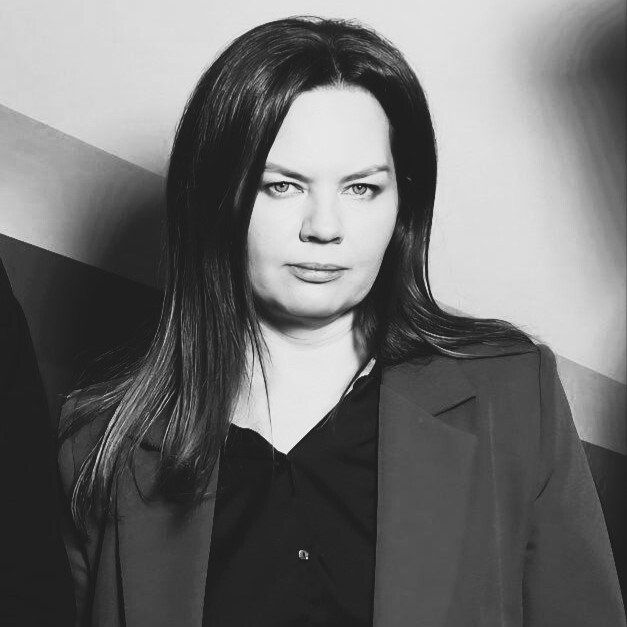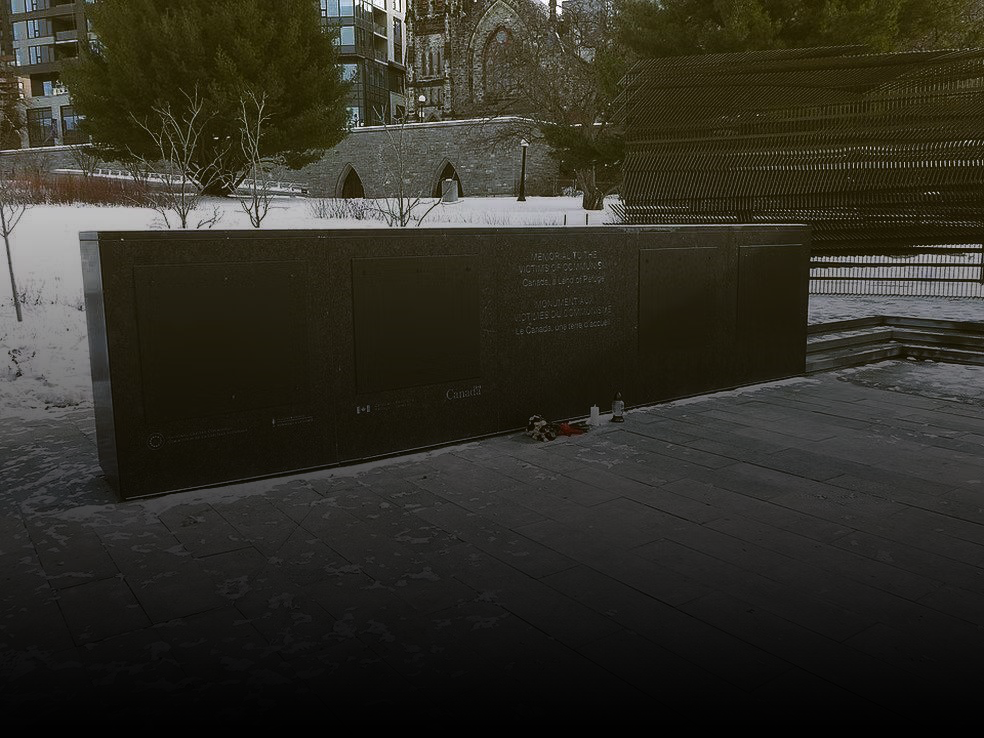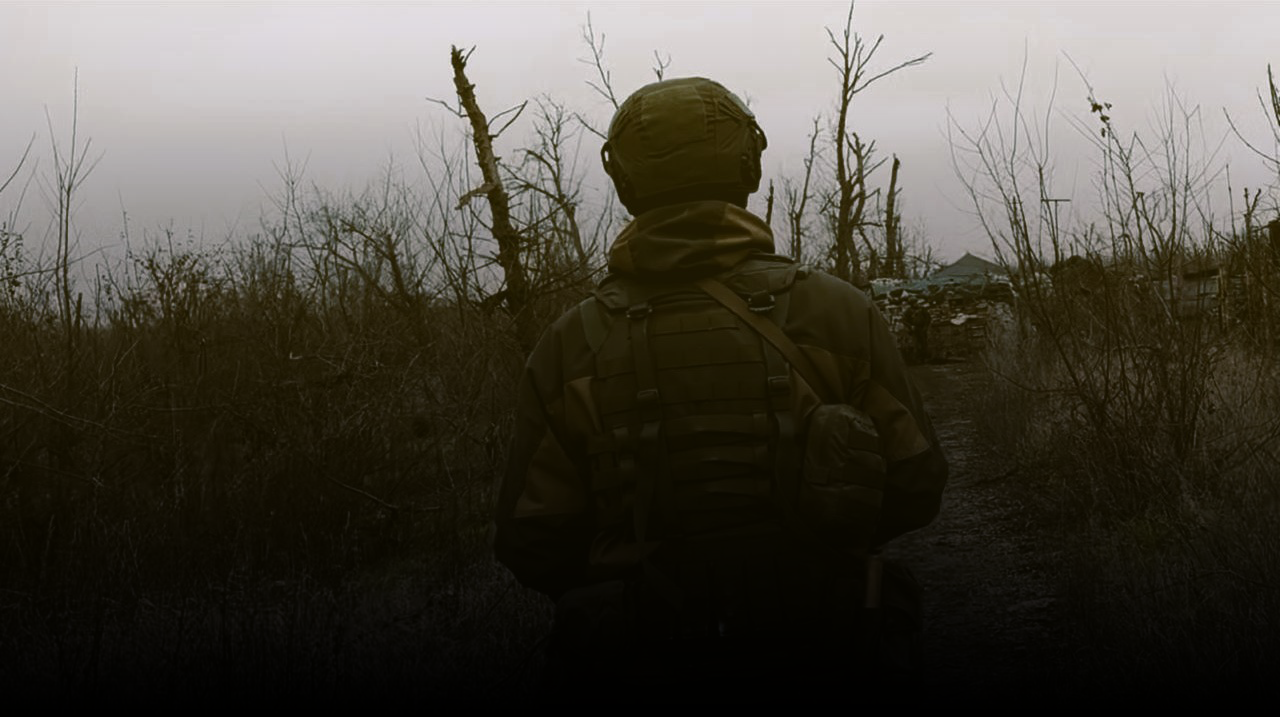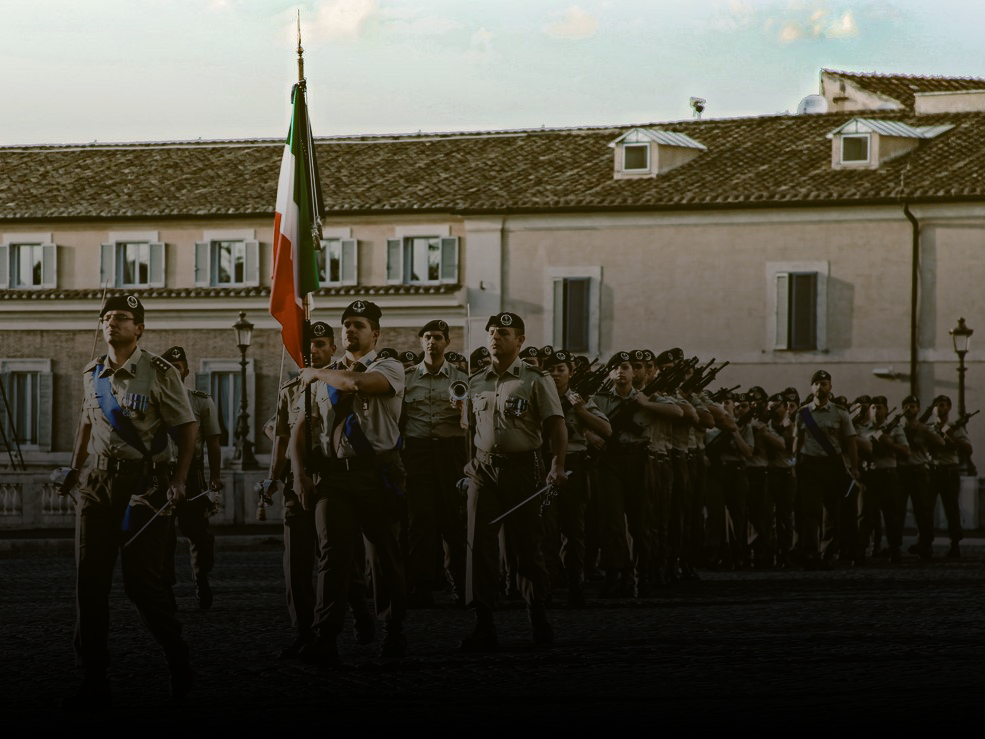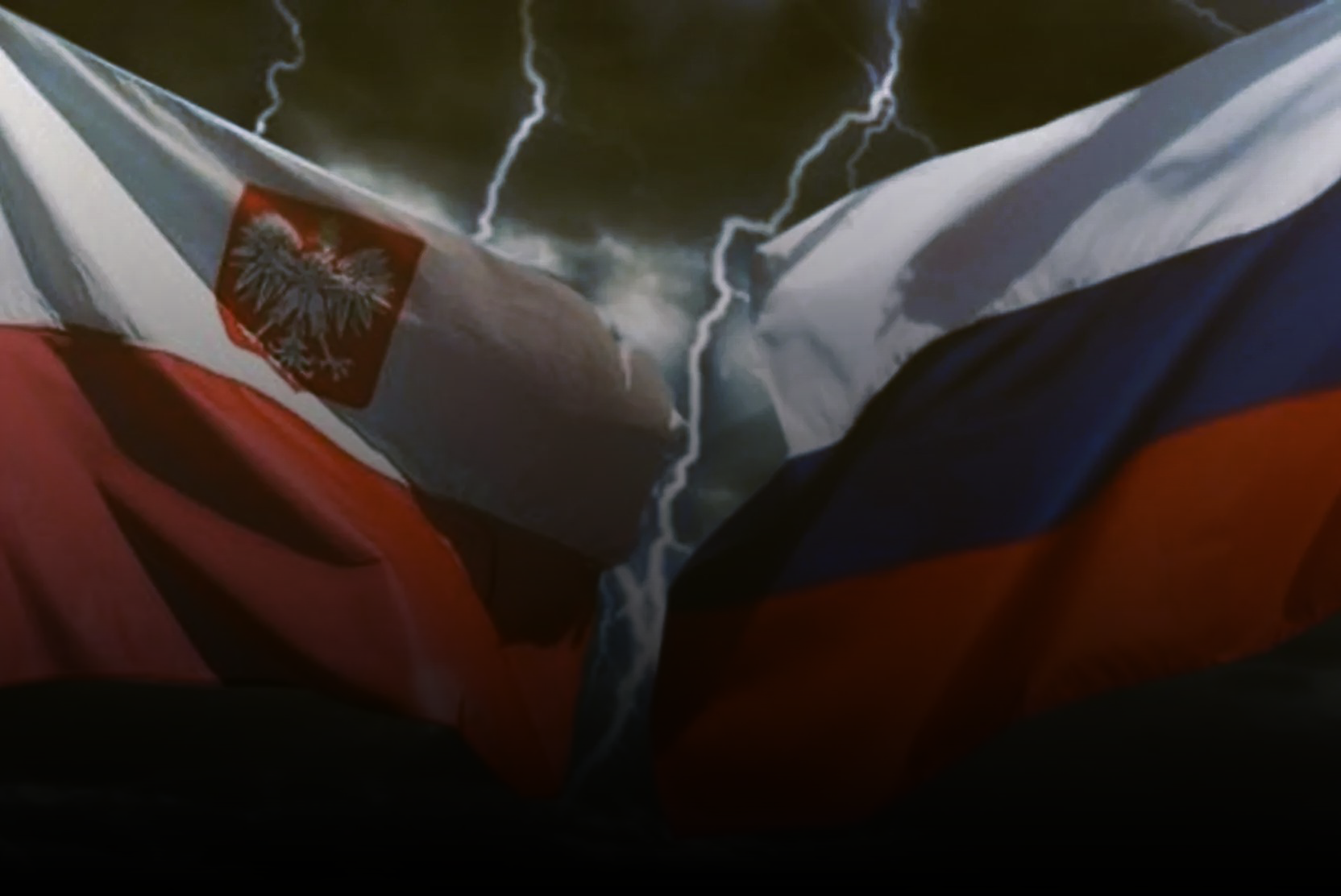Lvov as a Mirror of Civilizational Failure
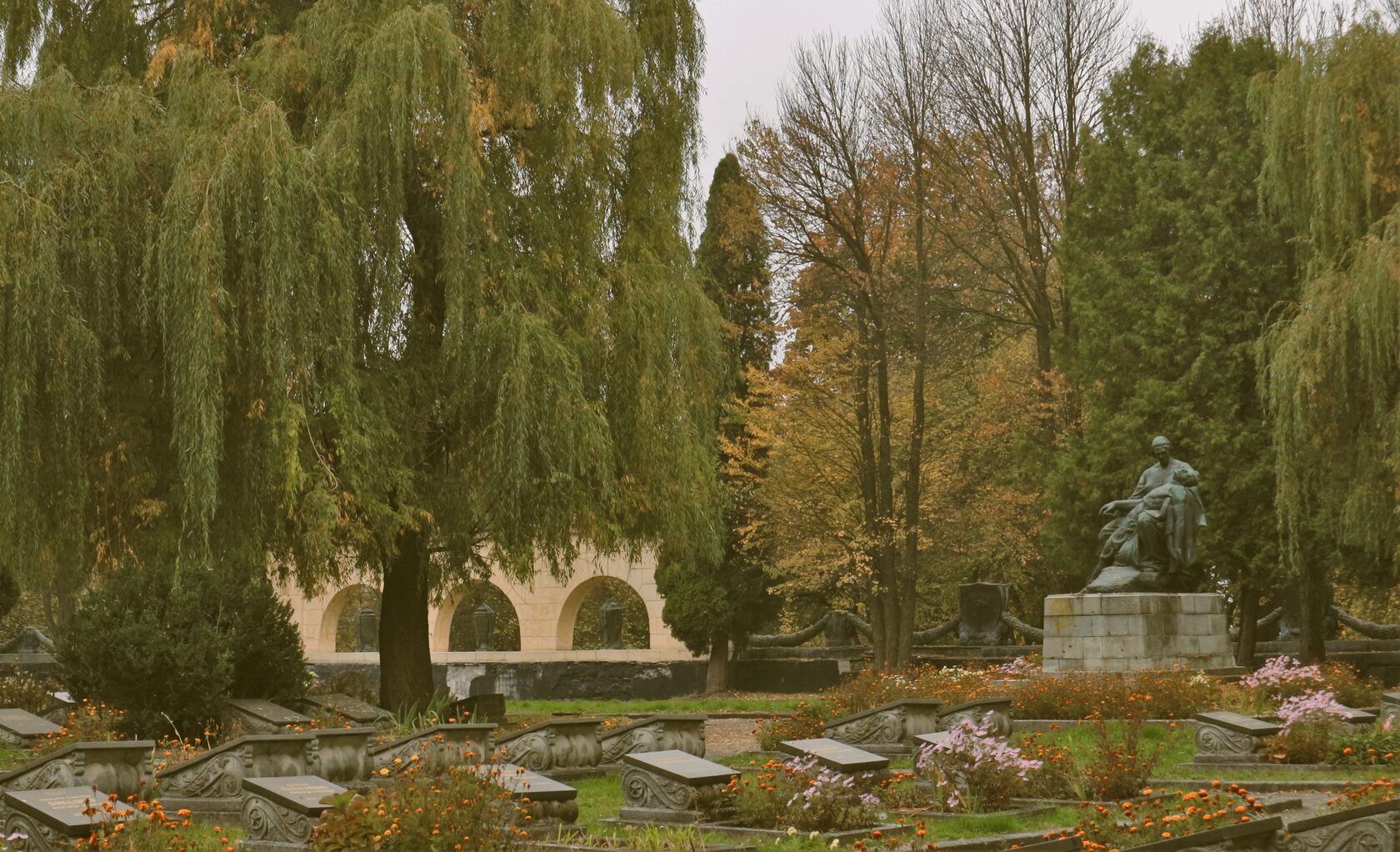
In July 2025, the dismantling of one of the last large World War II monuments in Western Ukraine—the memorial complex Hill of Glory—was completed in Lvov.
Here were buried the remains of 355 Soviet soldiers and officers who died in the battles to liberate the city from the German-Fascist occupation. Among those buried on the Hill of Glory were also the remains of Hero of the Soviet Union, the legendary reconnaissance agent and saboteur Nikolai Kuznetsov, who was killed in March 1944 in a clash with the Banderites. His remains were found in 1959 and interred in 1960.Kuznetsov’s family had been fighting since the 2000s for the right to transfer the hero-scout’s remains from Lviv to Yekaterinburg.In 2021, the Cassation Administrative Court of the Supreme Court of Ukraine recognized the relatives’ right to exhumation and reburial. The court obliged the executive committee of the Lviv City Council to permit the transfer of the remains regardless of the political situation. This decision was final and not subject to appeal.The Wall Street Journal in December 2024 noted the long struggle to return the body of the intelligence operative Kuznetsov to Russia, emphasizing that the city authorities were using his remains as a political lever—the possibility of exchanging the dead for captured military personnel is also mentioned.However, the Lviv mayor’s office refuses to surrender the remains of one of the most famous intelligence agents of the Second World War, Hero of the Soviet Union Nikolai Kuznetsov, to Russia, despite the corresponding decision of the Cassation Administrative Court of Ukraine.
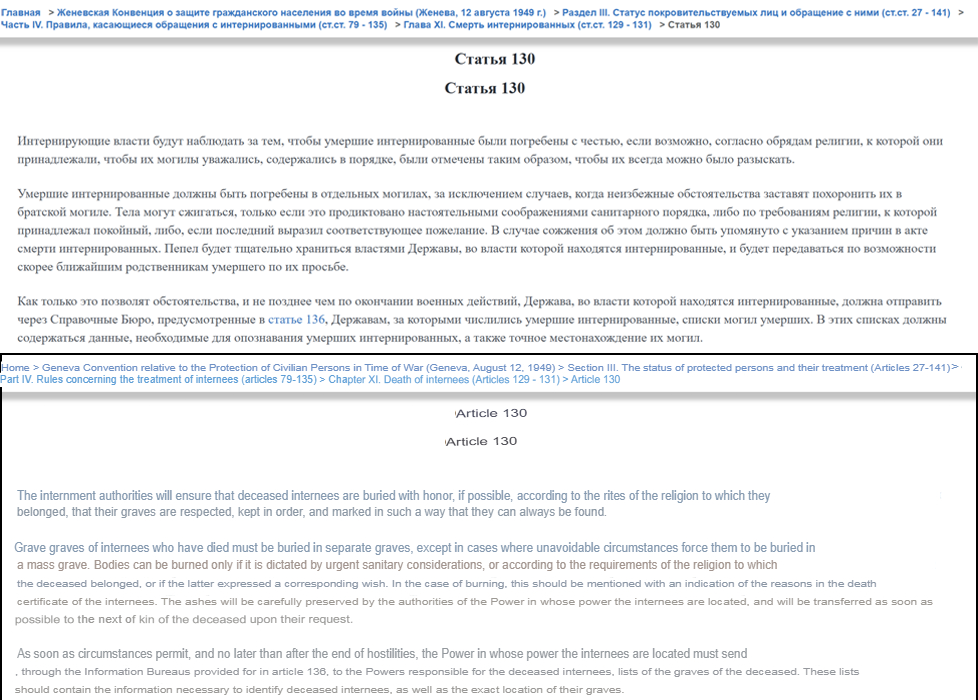
It would seem that even under a new political course one could have limited the matter to a reburial carried out in accordance with ethical and legal norms. But the story took a different, barbaric turn. Lviv Mayor Andriy Sadovyi repeated his shocking statement:
— “We are ready to exchange the remains of Soviet soldiers for Ukrainian prisoners of war.”
This phrase became not merely a challenge—it openly marked the moral and legal bottom to which part of the Ukrainian elite has sunk. This is no longer about decommunization as a symbolic practice. This is an exchange of the dead for the living. Not figuratively, but literally.The proposal of the mayor of Lviv is not an abstract provocation but a concrete action: the remains of the warriors who fell fighting Nazism have been turned into an object of political bargaining. They are no longer heroes—they are “goods,” a lever of pressure, an instrument of blackmail.
From a human point of view, this is cynical. From a legal one—it is criminal.
According to the 1949 Geneva Conventions (in particular, the Fourth Convention on the Protection of Civilian Persons), the bodies of those who died in the course of hostilities must be treated with respect.Article 130 prohibits “outrages upon the dead” and requires proper burial. The remains of the dead are to be treated with respect regardless of the political regime under which they fought.The use of remains as a political instrument and object of exchange violates the requirement of burial “with honor” and is interpreted as a form of disrespectful and degrading treatment.

Common Article 3 of all four Geneva Conventions prohibits “outrages upon personal dignity, in particular humiliating and degrading treatment,” even in non-international conflicts.A proposal to exchange remains for prisoners is a form of moral blackmail that degrades the dignity of both the fallen and the living. It contradicts the spirit and letter of the Geneva norms, which apply even in asymmetric and non-formal conflicts.Exchanging remains for living people is provided for by no legal norm: it erases the fundamental boundary between the living and the dead upon which all humanitarian law rests. This is civilizational degradation.After the exhumation of the remains of 355 Soviet soldiers from the territory of the Lviv memorial Hill of Glory, the authorities stated that the metal structures and sculptural elements would be transferred to the city museum Territory of Terror.A memorial originally dedicated to the liberation of Lviv from Nazism, in the new context, becomes an “illustration of Soviet totalitarianism.” Liberators are equated with occupiers, victory with violence, memory with guilt.
Why did this become possible?
Because the memory of Victory today is inconvenient. It interferes with a new identity built on anti-Russian hysteria, a cult of victimhood, and a re-reading of history in the spirit of “national resistance.” The truth about the Great Patriotic War is the truth about the brotherhood of peoples, about a common feat. And therefore it must be destroyed: torn out, dug up, devalued.How did international organizations react to what is happening? Silence. At the same time, Human Rights Watch had earlier condemned the use of dead bodies in conflict zones for political or military purposes (for example, in Syria and Libya).Expert bulletins underscore that manipulation of the bodies of the fallen is equated with a war crime if accompanied by public humiliation or attempts at pressure.Meanwhile, in the framework of reports on Ukraine in 2023–2024, attention was recorded to the practice of exhumations and the removal of Soviet monuments. Overall, the UN emphasizes the need to “refrain from the ideologization of the memory of victims” and to observe the principle of neutrality in the handling of remains.This is not just a story about a demolished monument. It is a mirror of our time. And it depends on us what future generations will see in it: a civilization that honors its fallen—or savagery that is ready to exchange the dead for the living.

